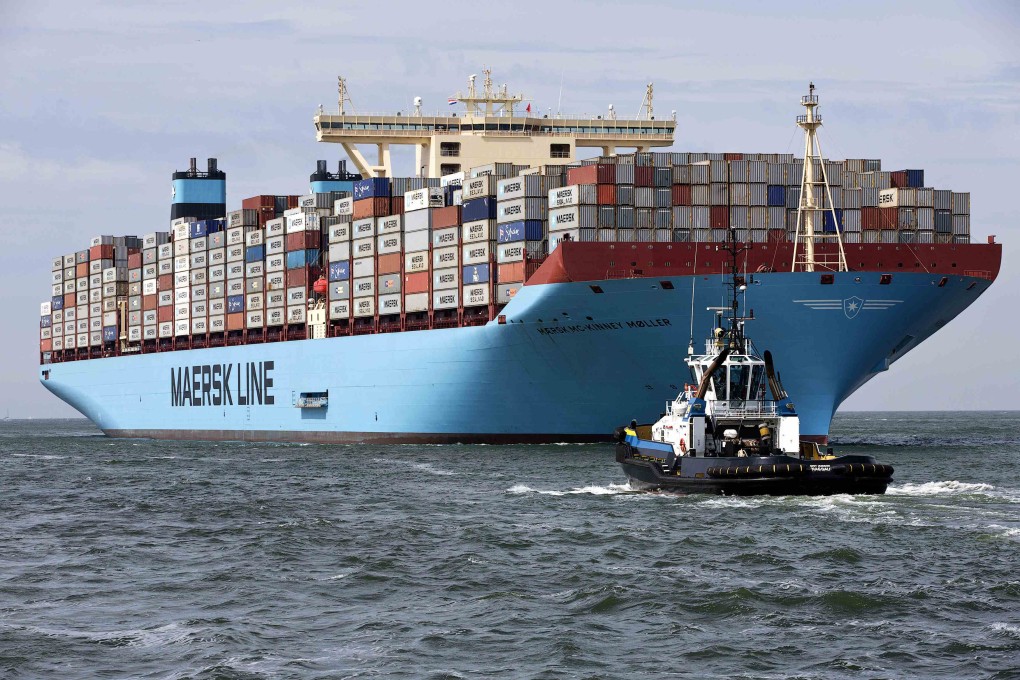Shipping lines say proposed EU emissions rules will hamper their operations
Owners fear an aviation-like environment in which vessels producing greater amounts of carbon buy credits from those producing less

Shipping lines are fighting a new environmental regulation that they said will not only lead to stringent control over their operations but will also pave the way for a carbon trading policy resembling the one that sparked controversy in the aviation sector.
To curb greenhouse gas emissions produced by the maritime trade – expected to more than double by 2050 from 1 billion tonnes per year at present – the European Commission is seeking to legislate a draft rule it made in late June requiring mandatory provision of data from carriers on their vessels’ fuel type, fuel efficiency and payload (the total weight of fuel and cargo).
Kamar Zaman, a veteran analyst at Drewry Shipping Consultants, said it is infeasible if not impossible to ask a carrier to weigh all its containers.
“How will you weigh those boxes, which come in millions? What kind of disruption will it cause to daily operations, and who is going to pay for the cost?” Zaman said.
What kind of disruption will it cause to daily operations, and who is going to pay for the cost?
There are many firms and government bodies that calculate vessel emissions with readily available data provided by ship manufacturers and carriers.
But the European Union wants a closer look, in the hope of imposing operational guidelines for the trade and ultimately an emissions trading scheme like the one it imposed on the aviation sector, which requires airlines that produce more carbon dioxide to buy credits from those that produce less.
